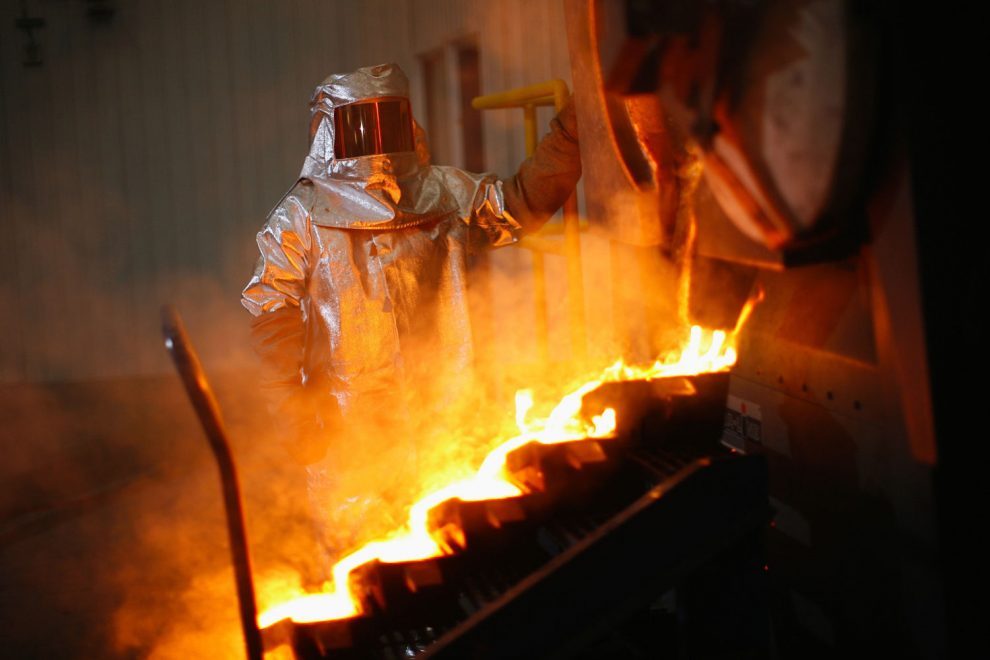Canada has tightened foreign investment rules to protect the security of critical mineral supply chains, in a further blow to Chinese companies as relations between the two countries continue to sink.
A government spokesperson said on Thursday that the move was made ahead of an expected surge in demand for metals used to make electric vehicles but Ottawa has been working with the US government to boost regional supply chains to counter China’s dominance in the sector.
The updated guidelines mean proposed takeovers of companies specialising in critical minerals and sensitive personal data, as well as investments by “state-owned or state-influenced investors”, could trigger a national security review.
“Our government has updated these guidelines to provide increased certainty for Canadian businesses and investors,” John Power, spokesman for Minister of Innovation, Science and Industry François-Philippe Champagne, said.
The move is likely to further embitter ties with Beijing, which have plunged since a senior Huawei executive was arrested in 2018, pending extradition to the US.
Meng Wanzhou, 49, was detained by the Royal Canadian Mounted Police on a US warrant at Vancouver International Airport.
She is accused by the US of misleading HSBC about her company’s business dealings in Iran, causing the bank to violate US sanctions. She has denied any wrongdoing and is fighting her extradition.
Chinese police later arrested two Canadians, Michael Spavor and Michael Kovrig, on espionage charges in what was widely seen in the US and Canada as a tit-for-tat retaliation.
HK FUNDS FLOW
In a separate development, Canada’s anti-money laundering agency, which receives reports on transfers above C$10,000, reported that last year marked the highest levels of fund flows from Hong Kong to Canada on record.
About C$43.6 billion ($34.8 billion) in electronic funds transfers were recorded by the agency, Finrac.
One Canadian lender, Equitable Bank, told Reuters it had seen a surge in deposits from Hong Kong just after the new national security law was introduced in June 2020 after massive protests, and residents of the city moved tens of billions of dollars across the globe.
Much of that money went to Canada, where thousands are hoping to forge a new future.
In February, Immigration, Refugees and Citizenship Canada announced special measures for Hong Kong residents to apply for a new open work permit, valid up to three years, and a path to permanent residency.
“This unique opportunity will attract talented Hong Kong graduates to make significant contributions to the Canadian economy,” Jean-François Harvey, managing partner of Harvey Law Group in Toronto, said.
The Hong Kong government has said the city has not seen significant capital outflows since the anti-government unrest first began in 2019.
Critics say the national security law was aimed at stifling dissent, an allegation denied by both Hong Kong and Beijing, which says it was needed to strengthen national security.
• George Russell with reporting by Reuters
This report was updated on Jan 11, 2022 for style purposes.
ALSO SEE:
Canada emerges as EV epicentre in US-China fight for dominance
Former UK and Canada central bank chief joins board of Stripe
Canadian firm to build China’s largest solar battery
























